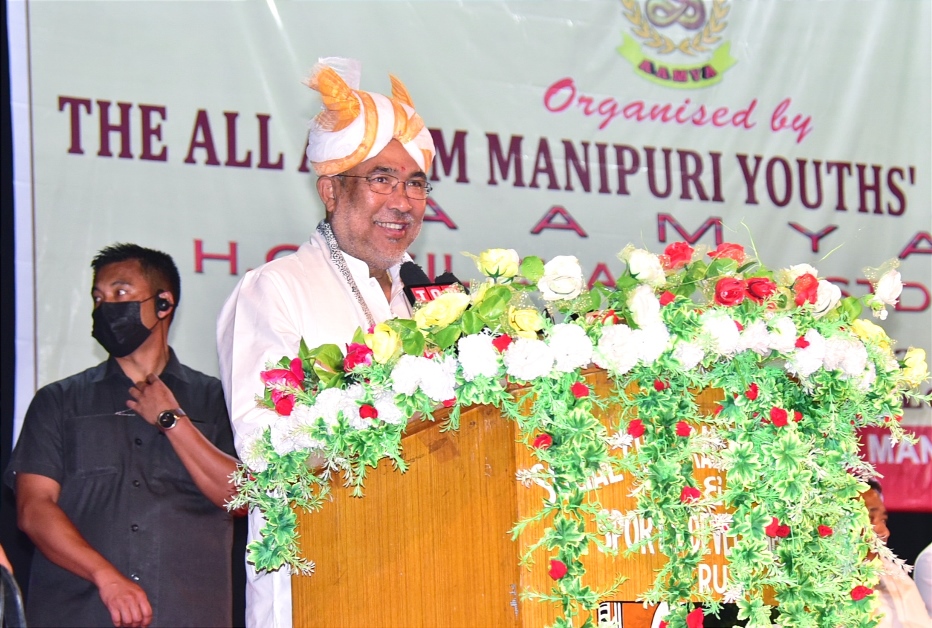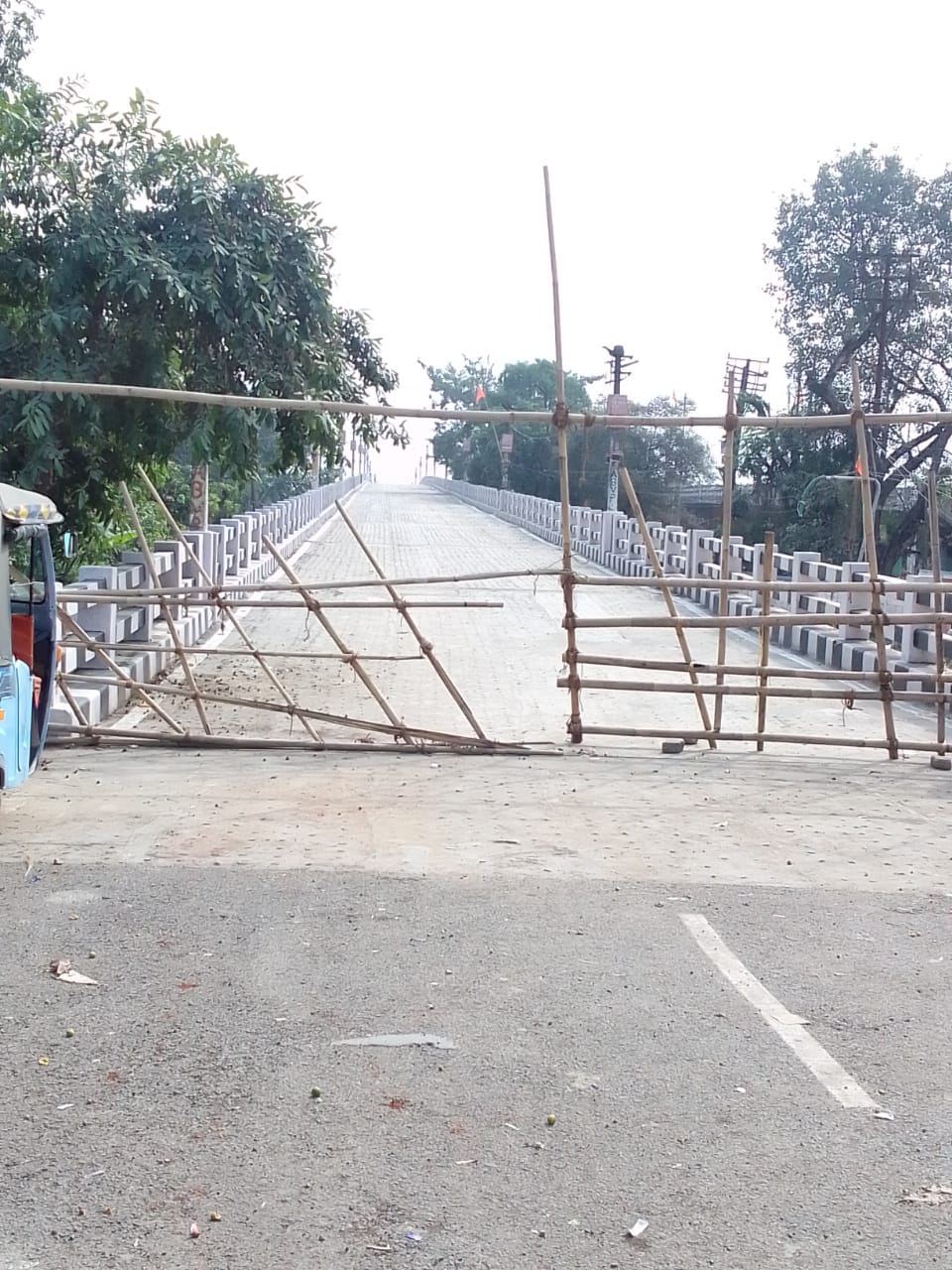The latest case is a sedition case clamped on an Editor of a Silchar (in South Assam) based popular web news site Barak Bulletin. And why, because he wrote an opinion piece and that too in reaction to another sedition case clamped on a socio-political activist from the region
 Biswadeep Gupta
Biswadeep Gupta

After 75 years of Independence, India has marched forward in its progress of development and freedom with a Constitution none can compete with. The freedom from the British and subsequent unification of the Nation as India was phenomenal.
The world’s second populated country with varied caste, creed, language and political orientation could progress as a democracy and manage to keep our country united with all levels of challenges. All past governments seem to manage to sail forward and govern the country with much ease and wish.
This has made me think about how we were ruled over the past decades and what democratic values we uphold? One of the institutions on which we depend for a democratic society is the institution of media, the Fourth Estate. The role of this institution is crucial for any evolving democracies and shall remain so in centuries to come. We need not debate upon it but let’s understand how media has evolved over the decades.
With any institution’s pros and cons, media as a whole is not isolated from vices and even though media has played a strong catalytic role in the process of progress, post-independence, it has been mainly controlled by a handful of leading National Media groups particularly in the print media. Regionally also if we observe each town and region were dominated by a few regional print media houses. With the subsequent inroad of satellite TV, there was the influx of high-end money, and running a satellite channel can not be financially an easy option and we have seen the emergence of TV Channels somehow funded by disputable, politically connected big money flowing into the system.
Running a media outlet is not easy which is solely dependent on advertisement rather than subscription. In India the reader does not pay for the news, it is the advertiser who does and thus the ‘catch 22’ situation obviously reflects on the ‘media independence’. When you are so much dependent on the advertisement revenue thereby exposing the platform to some level of control by Government, business and political institutions.
We have known earlier about the political-business-criminal nexus but last few decades particularly with the entry of the TV News, we have seen the political-business-media nexus which has also easily penetrated the print media.
Now out of the checks and balances established through the centuries of experimentation with democracy around the world, media or the Fourth Estate plays the most independent role but in past decades the very independence is being thwarted left and right by the forces that run the very institution of the Governments. So if the media could be controlled, then it becomes easy to Govern and in the Indian media space, Governments across the ideologies have successfully negotiated, bent, and harassed the media. It is always the judiciary that has done justice to the media person’s professional hazards. Besides the media associations, the management has often failed to protect its people, and sadly ‘We the People’ for whom media fights have many a time taken a back seat. In fact, the new fashion is after blaming the politician, it is now easy to blame the media for everything and anything as we the media person are the ‘soft target’.
Now with the advent of social media and the internet revolution, it is becoming very difficult to control ‘free speech’ which has worried the establishments. The world can be informed very easily and the new world of ‘Independent Journalism’ is evolving. Many big names in the journalistic space have taken that route which must have worried the stakeholders of the Governments. Thus the big political question is how do we control Independent journalism? And then we see the advent of laws and their drastic use and misuse which is totally opposite to the spirit of ‘free speech’ the fundamental to the very basic fabric of democracy.
The latest tool improvised by the Government is the ‘sedation laws’ which are being imposed left and right by the Governments of the day and thereby enjoyed by the bureaucracy as there is a tool now that can ‘mute’ the uncontrolled voice, in this case, the emergence of ‘independent journalism’.
The latest case is a sedition case clamped on an Editor of a Silchar (in South Assam) based popular web news site Barak Bulletin. And why, because he wrote an opinion piece and that too in reaction to another sedition case clamped on a socio-political activist from the region.
Absurd as it is, this is the latest tool to govern and politicians are having their field day; the bureaucracy is misusing it to appease their political masters; the society is numb and a silent spectator! I refrain from commenting on the judiciary even though strongly believe that it is the judiciary where we have our last hopes.
The conscience needs a wake-up call to analyse whether we have got independence through our freedom struggle or it is the losses of the World War- II that made the British leave India. Because after 75 years of Independence, our democratic conscience is still being hypothecated to few political individuals whom we so quickly make our ‘God’ thereby letting our democratic rights in their pity hands.
What we need to understand is that the message in the wall is loud and clear – freedom is fundamental to human psychology and anyone who tries to push too much is faced with the very resistance of any human instinct. If we go by Darwin’s theory of survival, it is the fittest that will survive and what could be most suited now, then the emergence of ‘Independent Journalism’…




